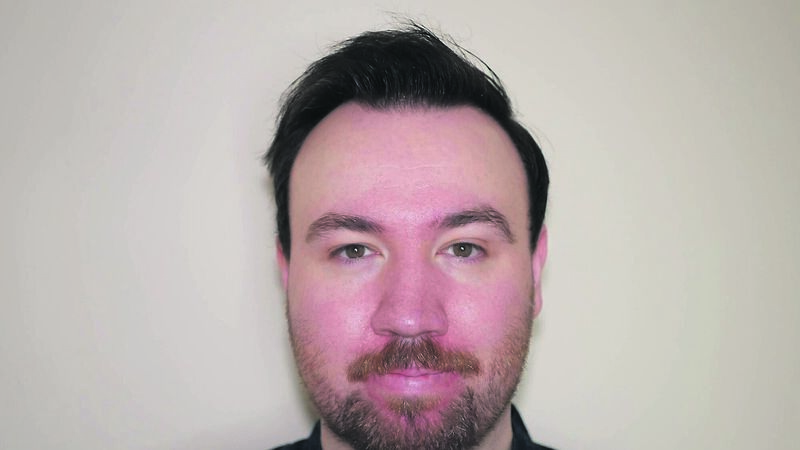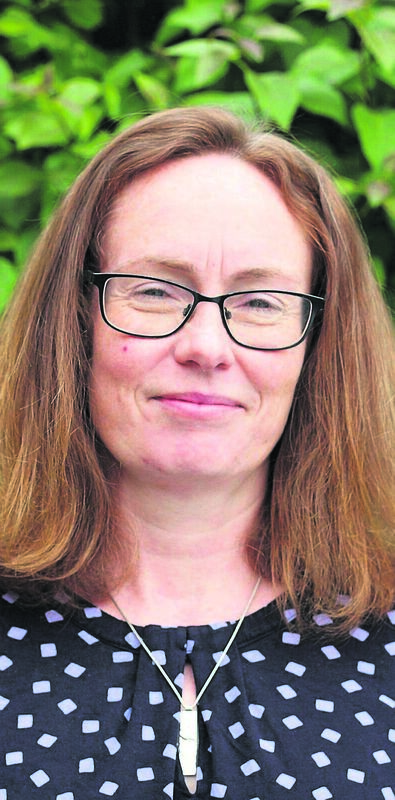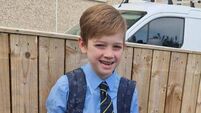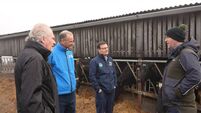Cork volunteer: ‘I felt a bit lost, Aware was there for me...’

Aware volunteer Conor Murphy, of Blackpool, says: “My job is in the tech industry, which requires a lot of work online, so the switch once a week to meet people face to face in close proximity and to have that human connection is refreshing”
Once our chat concludes, 34-year-old Conor Murphy drives from his home in Blackpool to the city centre, to begin his evening shift as a volunteer with Aware.

Traditional person-to-person connections are becoming less common, she feels, pointing out that Aware group sessions offer an excellent opportunity to connect with others and to talk - depression is a very isolating condition, which encourages people to avoid people and social situations, she warns.
For more information, please visit aware.ie.
For more information on Aware Mental Health Week or to access free support, therapy and education services, visit aware.ie/mental-health-week








 App?
App?


